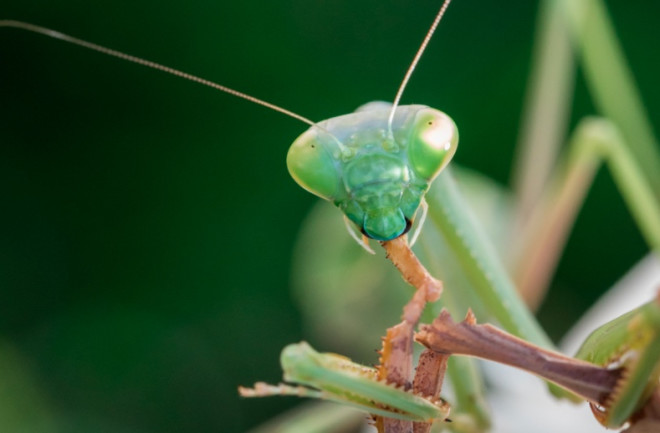Spiders do it. Snakes do it. Humans, thankfully, do not do it. Yes, we’re talking about sexual cannibalism, the gruesome, surprisingly-common practice of eating your mate after procreation. The most commonly-known example might be praying mantises, where females often bite the heads of their paramours off after mating. The practice shows up in spiders, too, and it’s what gave black widow spiders their common name — though sexual cannibalism may occur in the species only rarely.
Scientists have come up with a number of hypotheses for why sexual cannibalism occurs, positing that males make good meals, or that aggressive females get confused about what is prey and what isn't. In many cases, there’s a chilling, calculated logic to the decision: Males are simply a good source of food for expectant mothers. Males of some species even go so far as to offer themselves as a meal to females after they’ve finished mating.

